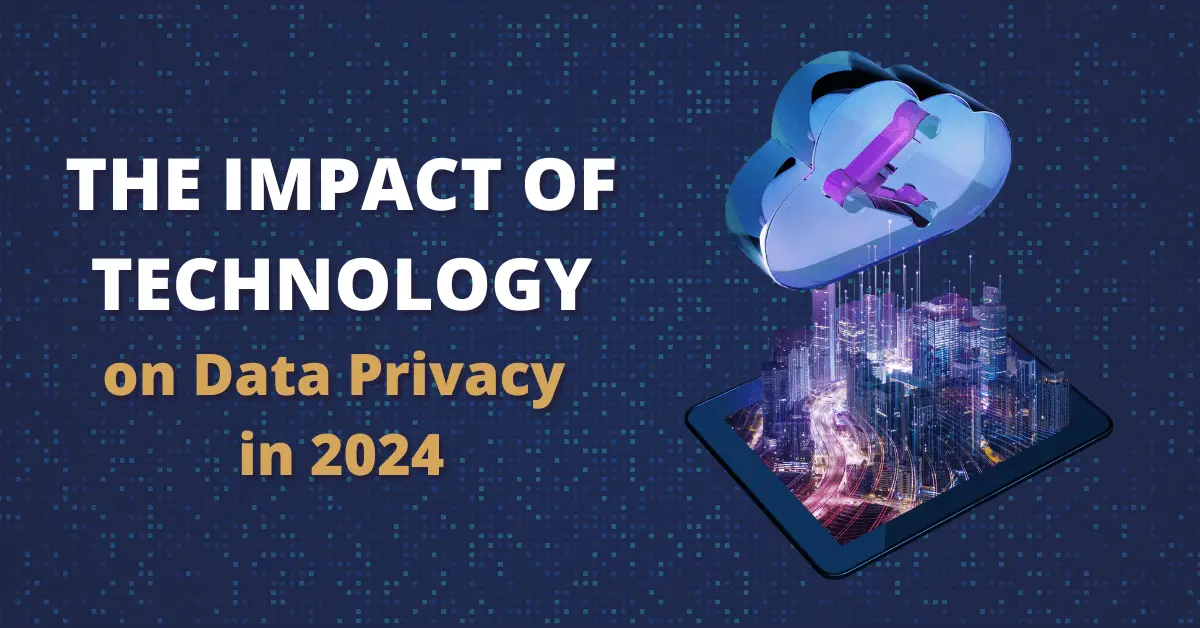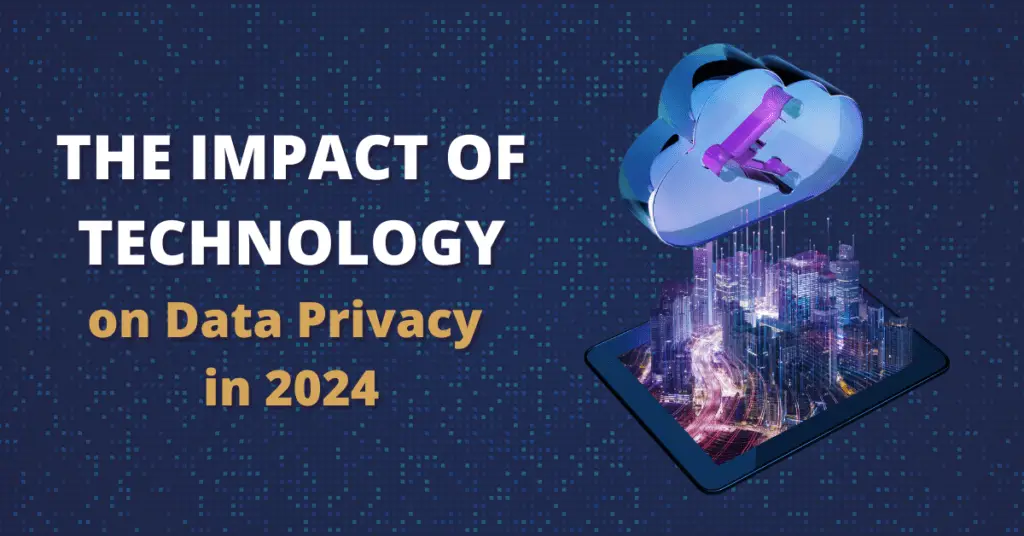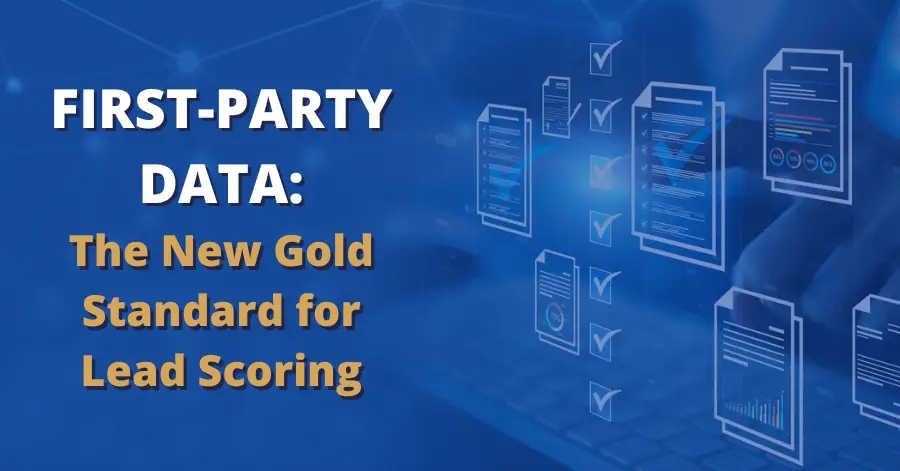The Impact of Technology on Data Privacy in 2024


As technology changes, so does its approach to data management—or mismanagement. Significant developments in 2023 promise to have long-lasting consequences as 2024 kicks off. Let’s take a look at the anticipated impact of technological updates on existing privacy practices.
The Retirement of Third-Party Cookies
Most marketers know that Google will begin phasing out third-party cookies in early 2024. This represents a significant change both to marketers and consumers. For consumers, eliminating cookies means a more private and secure online experience, as unknown third parties can no longer track their activity on unrelated websites.
For marketers, eliminating third-party cookies means it’s time to switch to another source of data. For instance, first-party cookies provide more accurate information and don’t funnel customer data through an involved organization. Other alternative solutions, like Google’s Privacy Sandbox, allow your marketing team to keep their promotions going while respecting users’ control over their own data and preferences.
The Growing Role of Artificial Intelligence
AI needs no introduction. ChatGPT, MidJourney, Google Bard, online corporate chatbots, and other AI tools have taken the internet by storm in 2023. Many have praised their capabilities, while others have raised concerns about plagiarism and posing a threat to some career fields—including marketing content creation.
Whatever your feelings on AI, most people will agree that artificial intelligence has significantly changed the privacy landscape. By design, every AI tool trains itself on the data its creators and users provide. It’s sometimes difficult to ascertain how this data is processed, making it tricky to maintain transparency for data privacy reasons. Users may also forget that their conversations with AI are not “private” in the sense of a text conversation with another human and may inadvertently disclose sensitive information.
The GDPR already contains provisions protecting users from fully automated decisions—for example, someone could not be denied a bank loan based simply on an AI’s analysis of their finances. With similar proposed legislation worldwide, we can expect to see more laws regulating AI appear in 2024. We can also expect AI developers to continue refining their tools to (hopefully) be more privacy-conscious as the laws governing them evolve.
This is an excerpt from our eBook, “Privacy Developments to Watch in 2024”. Download and read the full eBook for free here.






